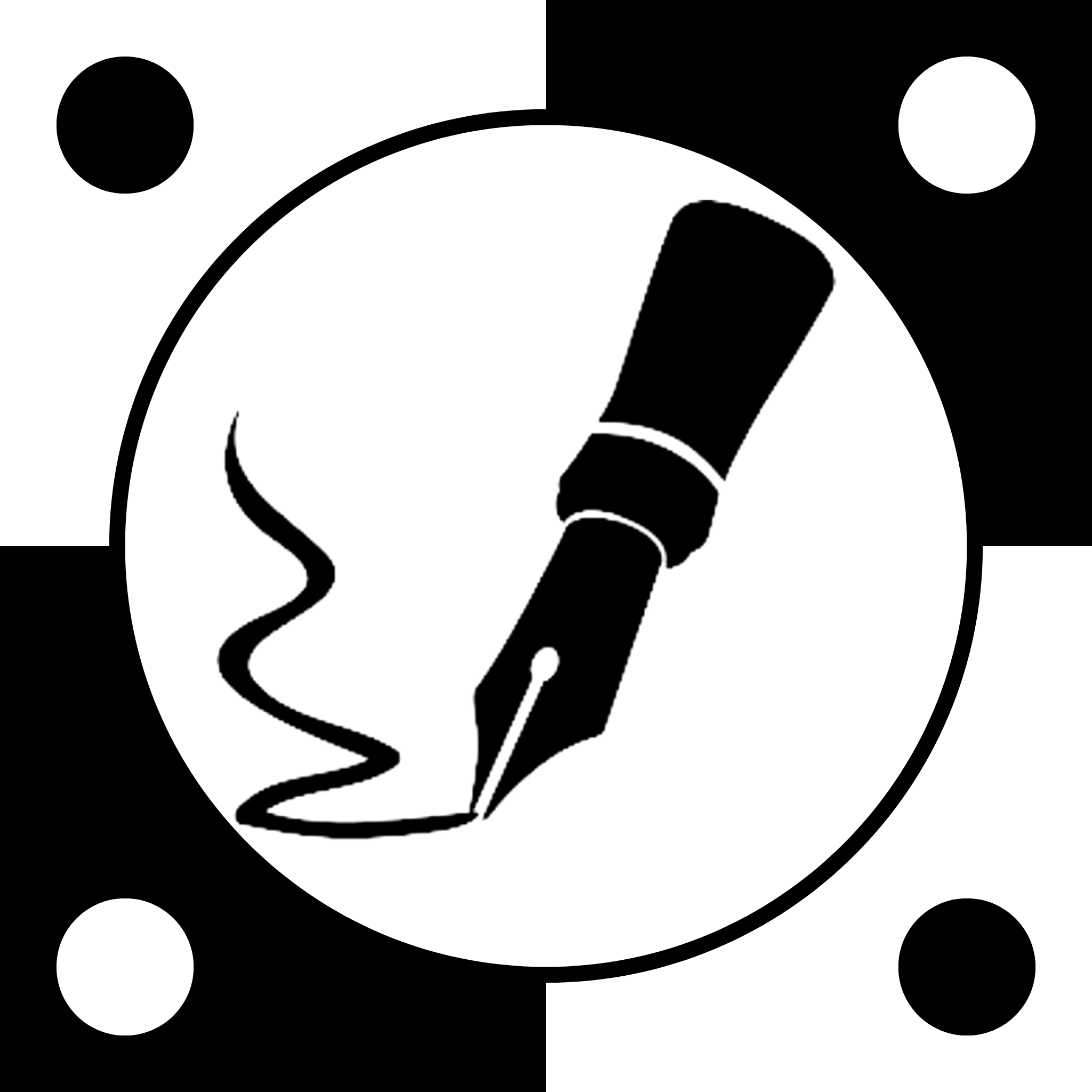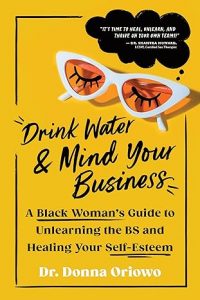Who Owns the Story? Why IP Protection Is a Must for Authors
3 min read
By Intellectual Ink Magazine
In an era where artificial intelligence can mimic your voice, pirates can steal your work with a click, and publishers still profit from Black pain without paying Black authors, the question has never been more urgent: who owns the story?
It’s Trending Tuesday at Intellectual Ink, and we’re diving into one of the most talked-about, high-stakes topics in the literary world right now—intellectual property protection, particularly for Black writers navigating an industry that has historically profited from our creativity while denying us credit, compensation, or control.
The Threat Is Real and Evolving
AI-generated content is exploding. Tools like ChatGPT, Sudowrite, and ElevenLabs are reshaping how stories are created—but also how they’re imitated. Entire books are being “ghostwritten” by machines trained on the words of living authors—often without permission, credit, or royalties.
And it doesn’t stop there. Authors like Nora Roberts, Roxane Gay, and Colleen Hoover have publicly condemned piracy sites and AI cloning, but for independent and emerging Black authors, these threats can be devastating.
We’ve already had reports of Black romance novels being sold as audiobooks by people who don’t own the rights. Some are even uploading eBooks to Audible and YouTube using stolen manuscripts.
And let’s not even talk about the way some institutions teach our cultural trauma while gatekeeping our literary future.
Reclaiming the Pen: What Black Authors Are Doing
Authors like N.K. Jemisin and Tananarive Due are speaking up—not only to protect their own voices, but to ensure that our future classics aren’t stolen in plain sight.
In a recent panel at Black Speculative Arts Conference, Due said:
“Technology is always advancing. That’s not the problem. The problem is how we treat creators—and whether we believe Black creators are worthy of protection in the first place.”
Independent authors are taking proactive steps:
- Registering their copyrights with the U.S. Copyright Office
- Buying ISBNs and barcodes instead of using free ones from Amazon
- Using platforms like ProtectMyWork.com for quick digital proof
- Watermarking advance reader copies (ARCs)
- Working with sensitivity readers and legal consultants to ensure contracts aren’t exploitative
What Can You Do Right Now?
Whether you’re traditionally published, self-published, or just starting your first draft, here are 5 immediate ways to protect your story:
- Register your copyright.
It’s not expensive, and it’s your first legal line of defense. - Own your ISBNs.
Bowker.com lets you purchase your own ISBN so you are listed as the publisher—not Amazon. - Back up your work on multiple platforms.
Use cloud storage and email timestamps. - Stay aware of AI scraping.
Tools like Glaze and Nightshade (developed at the University of Chicago) can help protect your style from being cloned by AI art generators. - Build your brand early.
A strong author presence across platforms makes it easier to identify if your voice or IP is being stolen—and gives you community support if it is.
Community Over Competition
At Intellectual Ink, we believe protecting your creativity is more than just a legal process—it’s a cultural necessity. We’re not just telling stories. We’re archiving history, channeling ancestors, and imagining Black futures. And if we don’t protect that work, someone else will profit from it.
So, here’s our challenge this week:
🖊️ Tag three authors and remind them to protect their pen.
💼 Share this article in your writing groups.
📧 Email us at submit@intellectualink.com if you want our IP Protection Resource Kit for Authors (coming soon).
Let’s keep our stories sacred and secure.






